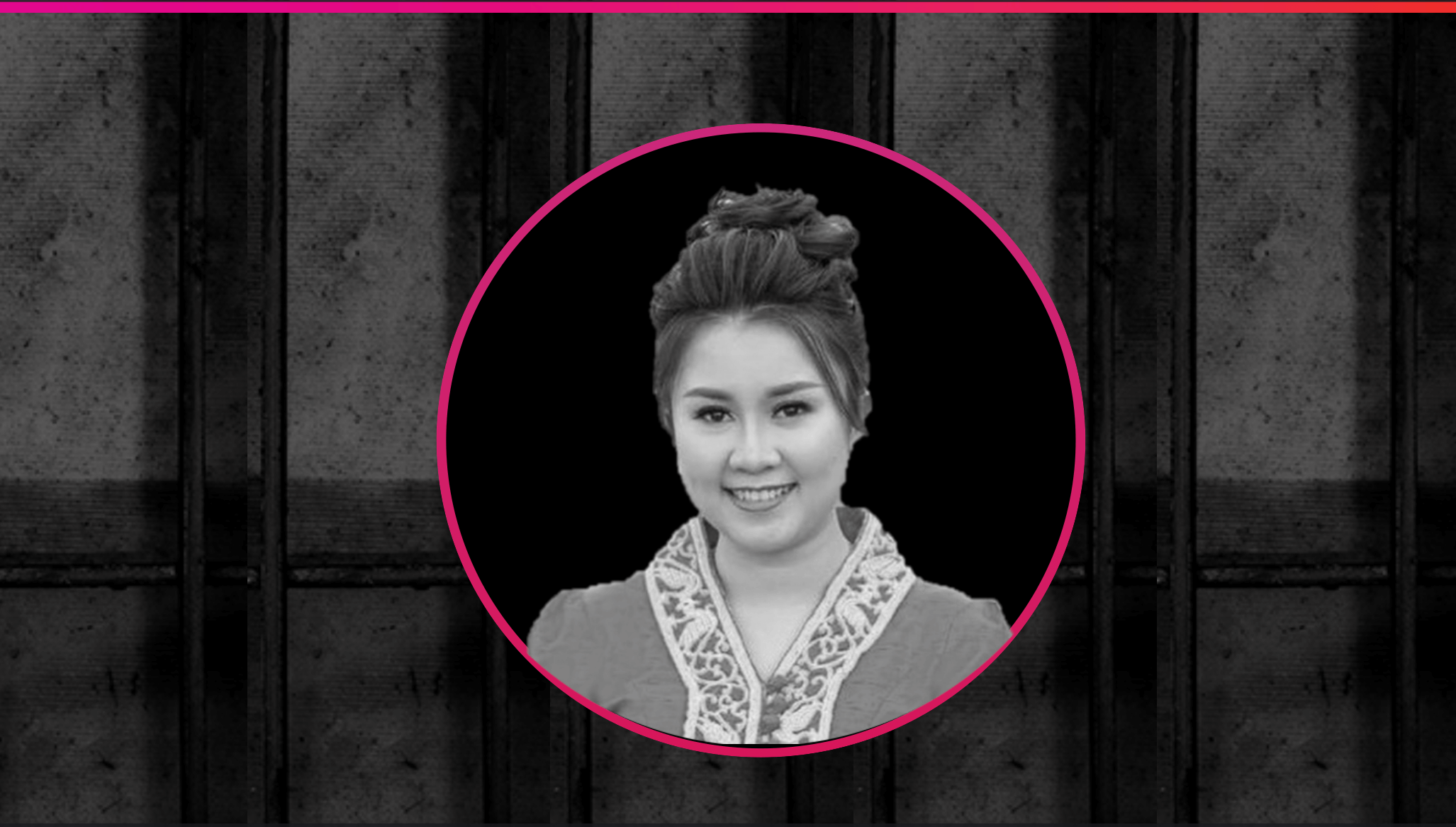NEW YORK (June 23, 2021) — The Human Rights Foundation (HRF), along with the Manushya Foundation and Humanity Beyond Borders, welcomes the United Nations Working Group on Arbitrary Detention’s (UNWGAD) determination that the September 2019 arrest and subsequent imprisonment of Lao human rights defender and environmental activist Houayheung Xayabouly — also known as “Muay” — was arbitrary and in violation of international law. In a decision published last Friday, the UNWGAD concluded that Laos had failed to establish any legal basis for Muay’s detention, and that her imprisonment had resulted, in part, from the exercise of her right to freedom of expression. The UNWGAD also recommended that Laos provide Muay with compensation and other reparations, in accordance with international law.
“We celebrate the Working Group’s decision condemning Laos for its persecution of Muay — it’s a powerful confirmation that she should never have been arrested and charged in the first place,” said HRF Chief Legal Officer Roberto González. “After this decision, the government of Laos must understand that, if it continues to deprive Lao citizens of their most basic rights and freedoms, the international community will hold it accountable. Muay must be released immediately and unconditionally.”
Since 2017, Muay has openly criticized the Lao government for its corruption and inaction in supporting local communities, and has been a respected public figure among the Lao people due to her efforts to raise awareness about the Lao government’s human rights violations. Because of her grassroots activism and her vocal criticism of government corruption, she is viewed as a threat by the country’s regime.
Muay was arbitrarily arrested without an arrest warrant on September 12, 2019. Upon detainment, she was not allowed to choose a lawyer who would represent her at trial, was subject to excessive interrogations, and was forced to confess to trumped-up charges of “propaganda activities” and “circulating false rumors.” Muay was sentenced to five years of imprisonment and a fine of 20 million Kip (approximately 2,110 USD). To date, she remains in prison.
Last Friday, the UNWGAD published a decision declaring Muay’s detention to be arbitrary under international law, urging Laos to release her immediately, and calling for a full and independent investigation into her arbitrary detention. The UNWGAD also referred Muay’s case to the Special Rapporteur on the promotion and protection of the right to freedom of opinion and expression, the Special Rapporteur on the independence of judges and lawyers, the Special Rapporteur on the situation of human rights defenders, and the Special Rapporteur on the issue of human rights and transnational corporations and other business enterprises, due to the lack of an arrest warrant in her detainment and her inability to choose her own legal counsel, as well as the use of forced confessions in the case. Additionally, given Muay’s environmental activism, her case was referred to the Special Rapporteur on human rights and the environment.
Read the UNWGAD’s decision on Muay’s arbitrary arrest here.
Read HRF’s joint submission with the Manushya Foundation and Humanity Beyond Borders here.
Read HRF’s report about foreign investment and human rights in Laos here, and HRF’s op-ed about how international business stakeholders can support local communities and uphold fundamental human rights in Laos here.
Learn more about the Lao government’s crackdowns on human rights activists by watching Shui-Meng Ng’s talk, “Laos: Where Dissidents Disappear,” at the 2016 Oslo Freedom Forum. Ng is the wife of Sombath Somphone, a prominent Lao human rights advocate who was abducted in 2012.
HRF’s Impact Litigation program provides international legal representation to prisoners of conscience whose cases are emblematic examples of the brutality of dictatorship. HRF’s Center for Law and Democracy regularly submits emblematic cases of arbitrarily imprisoned dissidents and pro-democracy activists to international judicial and semi-judicial bodies of the United Nations system and multiple other special procedures under the UN Human Rights Council.
